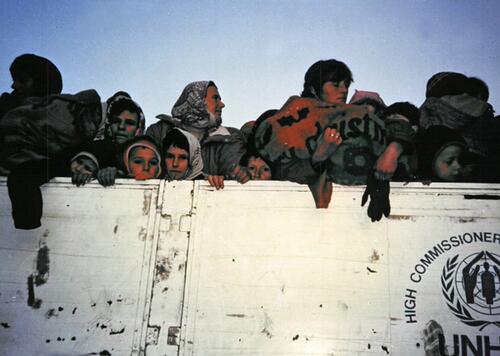This is the first course in a series of MSF Speaking Out Case Studies (SOCS) courses to come. Although any of the MSF Speaking Out Case Studies could be used to teach this thematic on speaking out and humanitarian principles, the SOCS team chose the case study on “MSF and the War in the Former Yugoslavia 1991-2003” (published in 2015) because of the specifics of this case, which reveal the constraints and questions associated with striking a balance between ethics, medical ethics, humanitarian principles, and speaking out - key components of the central thematic. Ethnic cleansing, crimes against humanity, and an international community that abandons the population are critical features of this war.
The humanitarian principles thematic includes an introduction to concepts such as:
- Respect for humanity and the humanitarian imperative.
- The normative international humanitarian framework.
- Medical ethics including 'do no harm' and solidarity.
- Humanitarian principles such as impartiality, neutrality, and independence, as well as some of MSF’s humanitarian principles such as accountability, and proximity.
The Learning Journey
What you need to know before starting the course.
How to enrol
All students - internal and external - must register on TEMBO, the MSF learning platform, in order to access courses. Click on the button below to access the platform.




